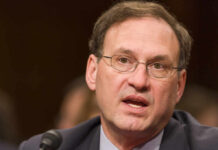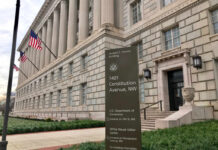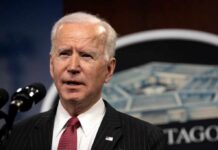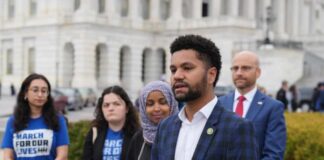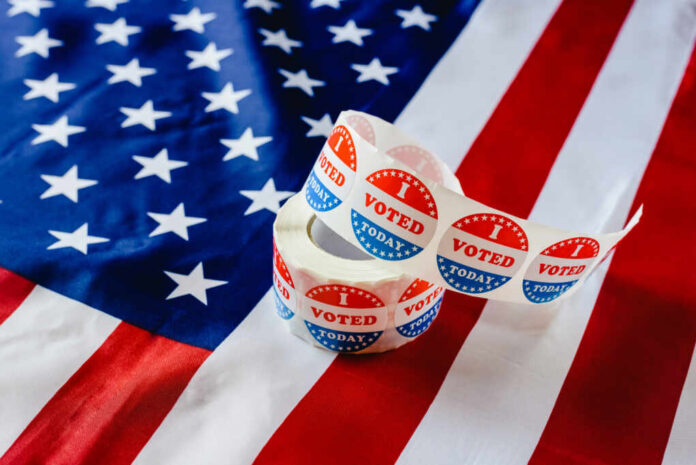
The saying “all politics is local” has long been a fixture in American political discussions, but the reality has shifted significantly. House Speaker Thomas “Tip” O’Neill (D-MA) popularized this phrase in the 1980s, reflecting an era when local concerns heavily influenced political outcomes. However, the advent of mass media and modern technology has transformed this dynamic, making even local elections national events.
In the 1930s, the majority of Americans lived in rural areas, and local issues dominated the political landscape. Fast forward to today, over 80% of Americans reside in urban settings where mass media and technology are omnipresent. This shift began with the introduction of national television in the 1970s, a period that saw a rapid increase in government spending and the nationalization of political issues.
The rise of national television made it possible for events in distant cities to be broadcast into homes across the country, making local issues part of a broader national conversation.
This trend has only accelerated with the internet and smartphones, which provide instant access to news from around the world. As a result, local political events and issues are now viewed through a national lens.
One clear example of this shift is the response to natural disasters. During President George W. Bush’s administration, Hurricane Katrina sparked widespread criticism and led to the rapid appropriation of billions of dollars. Years later, a similar response occurred almost automatically when a hurricane hit Texas during the Trump administration, reflecting the national nature of political responses.
Today, national issues such as the border crisis, crime, homelessness, “wokeness,” climate change, foreign policy, inflation, and the trials of political figures dominate the American political landscape. Politicians at all levels are compelled to take positions on these issues, often overshadowing local concerns.
Polling data also highlights the nationalization of politics. For instance, a CBS News poll showed that 89% of young Americans aged 16 to 25 expressed concern about climate change. Such widespread concern indicates that issues are no longer confined to local discussions but are driven by national media, government, and educational institutions.
The transgender issue, virtually absent from national debate seven years ago, now permeates American politics and media. This rapid shift can be attributed to the power of technology in shaping national discourse, which in turn influences local responses.
Special elections for Congress and state legislatures now attract national attention and funding, further blurring the lines between local and national politics. The societal changes brought about by this nationalization are profound, with long-standing views and traditions evolving rapidly. For example, both Barack Obama and Joe Biden opposed gay marriage in 2007. Today, gay marriage is not only legally accepted but also culturally normalized.
Historian Will Durant warned that tradition serves society much like memory serves an individual. Rapid societal changes can lead to instability and anxiety, as seen in today’s political climate. As national issues continue to dominate and government grows, politics is becoming increasingly national rather than local.



